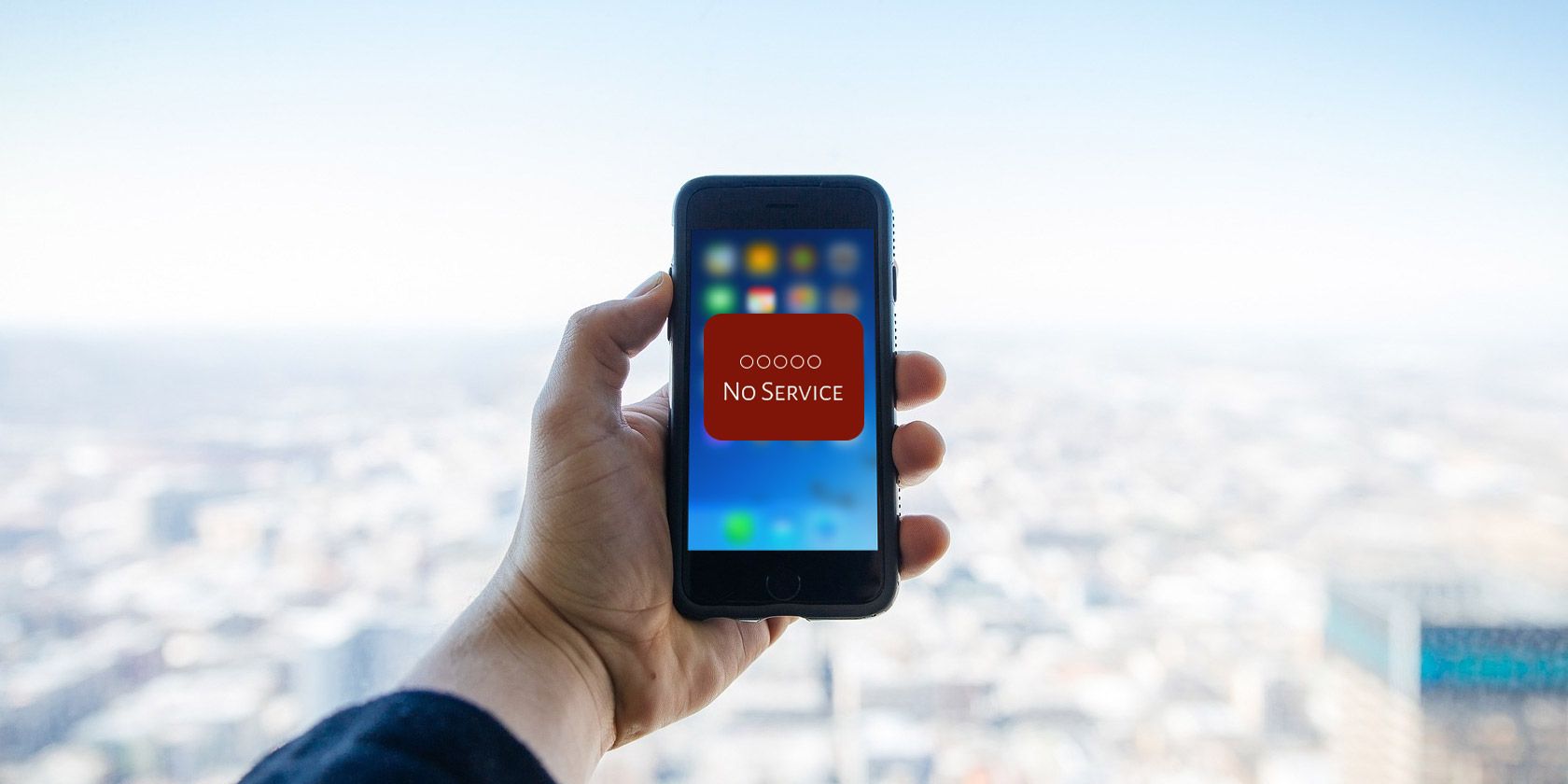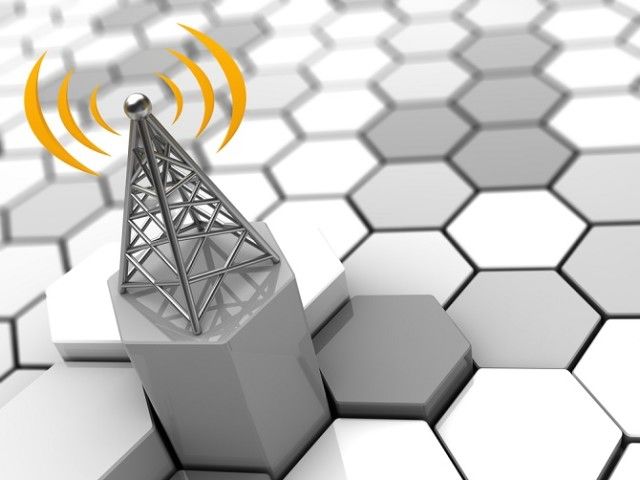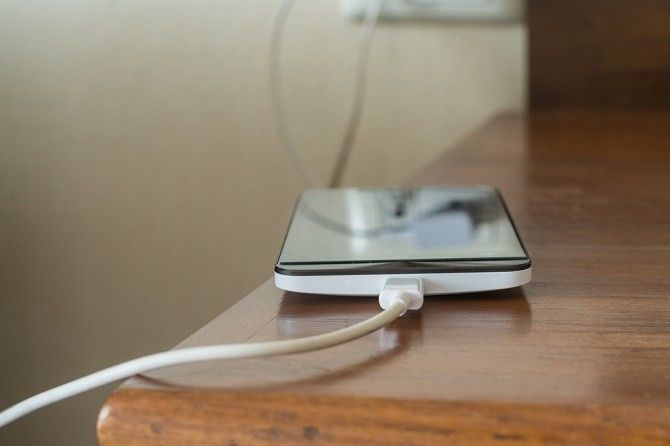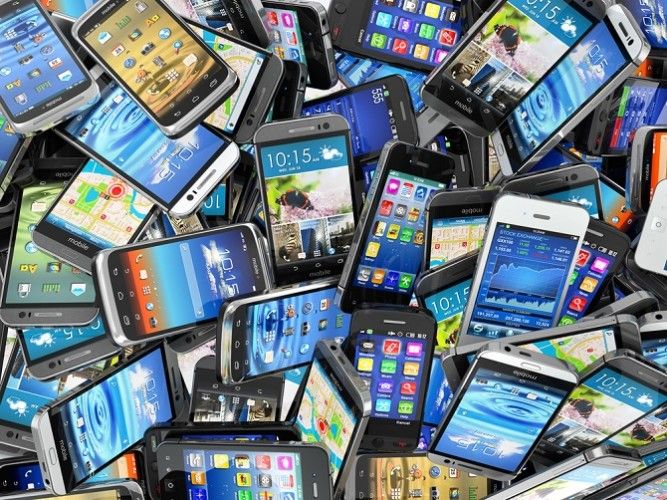We've all been there. You need to make a call but you can't find a signal, or you can't have a proper conversation because it keeps cutting out. While our cellphones mean that we're all more in touch than ever before, the devices and the network they use don't always work as well as they should. What can you do to improve things?
Why You Have Trouble Getting a Signal
Your cellphone uses radio waves to connect to a cell tower, which sends it over a network to another tower and ultimately to another phone. Ideally, these cell towers would all be the same distance apart, comfortably within the transmission range of a phone, and arranged in a perfect honeycomb structure -- but they aren't.
Cell towers are placed where they're most practical and profitable. Urban areas have a high number of towers close together while towers in rural areas are spread further apart, and the further you are from a tower, the weaker the signal.
Population density is obviously the biggest factor, but there are also extra costs in placing a tower on difficult terrain and far from other infrastructure, and, of course, placing an unsightly cell tower in an area of outstanding natural beauty is often forbidden. People who want to get away from it all don't want their view of the wilderness blighted, even by something as useful as a cell tower.
As a general rule, the further you are from other people (and therefore the more likely you are to need a phone) the worse your signal will be. Added to that, mountains, buildings, and even trees can block or dampen a signal.
So if you find yourself struggling to get a strong enough signal to make a call, what should you do?
1. Turn It Off and On Again
If the problem you're having is a one-time thing and there's no obvious cause, simply power-cycling your phone may fix it. (That's my solution for everything!)
This allows your phone to look for another tower to connect to, and it may find one with a stronger signal. Switching in and out of Airplane Mode can do the same thing, but won't fix any other problems with your phone that may be preventing you from making calls.
2. Charge Your Phone
If your battery is low, your phone is likely to go into some sort of power-saving mode, so it will be dedicating less power to transmitting your cell signal. Charge it or, if that's not possible, turn off any power-saving features (but bear in mind that your battery will drain faster).
3. Move a Bit
The way you hold the phone could be a problem. If you're covering the antenna, you'll weaken the signal. Try changing your grip. It's worth finding out where the antenna is on your phone to see if that's the cause of the problem.
If you're indoors, go outside. The walls and/or roof of a building can dampen cell signals. Going outside, or even just opening a window, may be enough to make it work.
Sometimes just walking a few feet in any direction can improve things. Reflected signals can interfere with themselves and lead to dead spots. Other electronic devices can also cause interference. If there's no obvious cause of interference, just walk around and see if things improve. iPhone users can check their signal strength easily while Android users can download an app such as Mobile Signal.
4. Move a Lot
You may just be too far from a cell tower to get a usable signal. If you're on the road, the best option may be to simply wait a few minutes and try again. But if you're staying put somewhere and unable to get a signal, traveling towards a center of population or to higher ground might help.
Even if you can see a cell tower, you may still find you have a weak signal. This is because cellular transmitters are often uni-directional. Start walking in a circle around the tower and you'll eventually hit the right path of its transmission. (Of course, it's worth remembering that not all towers serve all carriers so you may be wasting your time.)
Cellmapper and OpenSignal are sites that provide information about cell towers. In a situation where you have a poor phone signal, they may not be accessible to you -- but if you're planning to travel to a remote area, you can check in advance what you'll need to do to get coverage.
5. Get a Better Phone
If you often find yourself with a poor signal, no matter where you are, your phone could be the problem. It could be faulty or just have a weak antenna. The latter won't matter that much if you're somewhere with a good signal, but where the signal is weak anyway, the quality of your antenna could make all the difference. If you constantly have problems in areas where your friends and family don't, maybe it's time to upgrade.
6. Get a Better Carrier
The problem may not be with your phone, but with your carrier. It may be that your carrier doesn't have a very good network or just has patchy coverage where you live or work.
Again, check with friends and family. If people with the same carrier are having problems while people with a different carrier aren't, then it's probably time to switch. Even if you're under contract, if you can argue that the service being provided is sub-standard, you may be able to get out of it without paying a termination fee.
7. Use Wi-Fi Calling
This obviously won't apply in every situation, but if you have a Wi-Fi connection and a poor cellular signal, you may be able to use Wi-Fi calling instead. This is supported on both iPhone and Android phones and by most cellular carriers.
With Wi-Fi calling, in case of a weak signal, your phone automatically switches to Wi-Fi and you can still make and receive calls and text messages as normal. Check with your carrier if it's something they support. It's worth setting up in advance because you never know when it will be useful.
While you can always use Voice-over-IP (VoIP) services such as Skype or any of its equivalents to communicate without using cell service, it's convenient to be able to use your phone without having to use a separate paid service.
8. Add More Power
If you frequently have a poor signal at home, Wi-Fi calling isn't an option, and you aren't prepared to sell up and move closer to a cell tower, then you may want to invest in a signal repeater like a TDicallTM Signal Booster Mobile Repeater.
Similarly, if you often drive through areas where you have a poor signal, an antenna or booster for your car could improve things too.
In the U.S., FCC regulations require carrier approval for signal repeaters. In the U.K., it is legal to buy or sell them but not to use them! In other jurisdictions, check with your carrier whether you can use one, and what type you need.
If none of these options work for you, you may still be able to use your cellphone to communicate in other ways. An SMS message doesn't need the same strength of signal as calls or internet, and even if it fails at first, your phone will keep trying to send it until it succeeds. If you have Wi-Fi, you can use a voice call or messaging app.
If it comes down to it, you can even use your phone to send signals in Morse code! Or if you don't really need to communicate with the outside world at all and just want to use your phone for yourself, there are plenty of productive things you can do.
Have you ever been stranded somewhere with no signal? Or have you found other ways of boosting your phone's signal? Let us know in the comments.
Image Credits: MMaxer via Shutterstock.com, Mr. Surat Matcha via Shutterstock.com, Dario Lo Presti via Shutterstock.com, Maxx-Studio via Shutterstock.com





